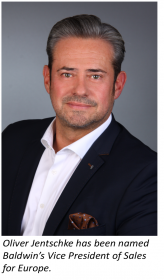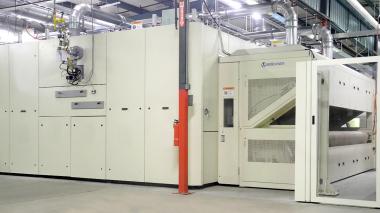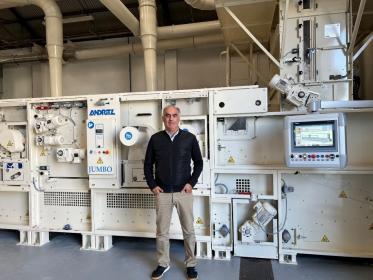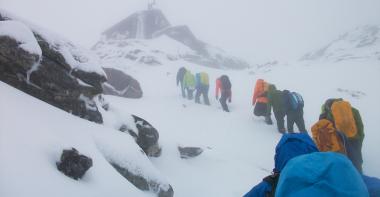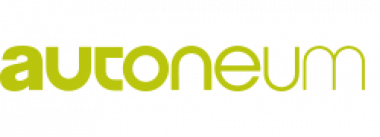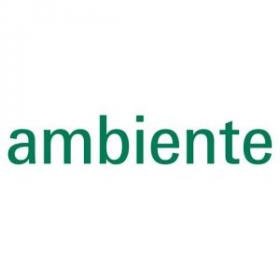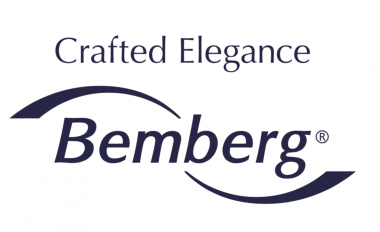Expansion begins at Hexcel Engineered Core Operations Plant in Morocco
Hexcel Corporation hosted customers and public officials at its manufacturing site in the Midparc Free Trade Zone in Casablanca as the company broke ground on an expansion that will double the size of its existing engineered core manufacturing operation in Morocco to meet increased demand from aerospace customers for lightweight advanced composites.
The expansion, announced in September 2021, is expected to be completed in early 2023. The plant size will double to 24,000 square meters and employment is expected to increase from 120 to 400 people when the expansion is completed.
The Casablanca facility was built as part of Hexcel’s ongoing worldwide investment to create a diversified and robust global supply chain to support aerospace customers’ growing demand for engineered core. At the plant, Hexcel transforms lightweight honeycomb materials into engineered core parts to reinforce structures in the aerospace industry, particularly for aircraft, engine nacelles, and helicopter blades.
At the event, Thierry Merlot, Hexcel President – Aerospace for Europe, MEA/AP & Industrial, said, “We are pleased to celebrate this milestone with our customers and with the local community. The increased demand for lightweight, aerodynamic, advanced composites is growing, and our customers including Safran, Airbus, Airbus Atlantic, Boeing and Spirit AeroSystems have shown confidence in our ability to meet that demand. We appreciate the support from them as well as from the Ministry and everyone in the local community who continue providing us with the opportunity to further our investment in Morocco. The very successful establishment of Hexcel, the qualification of the workforce, the support of the state and the proximity of our customers have been real assets to launch this extension of our site in Casablanca.”
Hexcel Corporation





